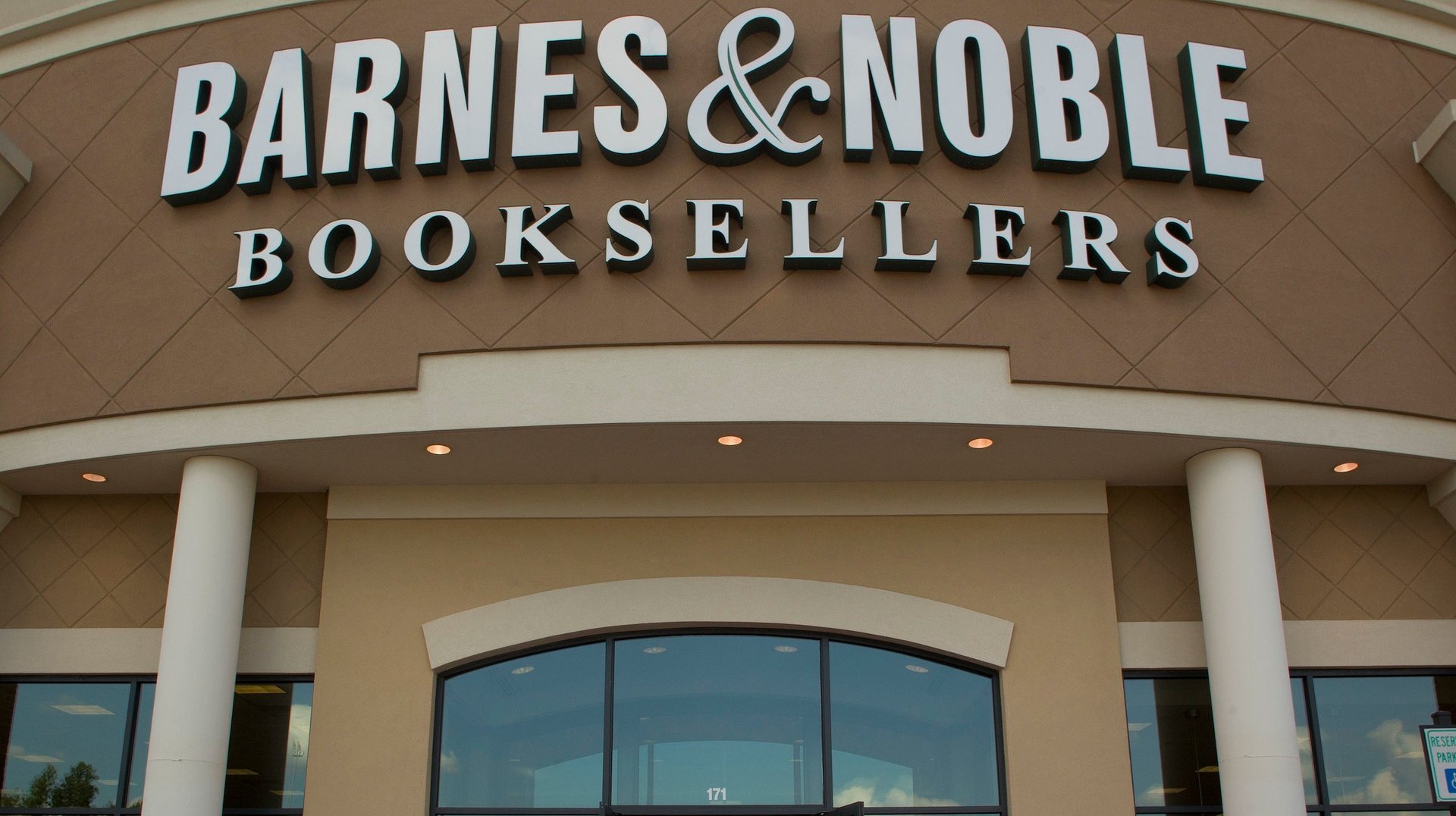For Barnes & Noble, selling e-books is even worse than selling the real thing
It turns out that, for Barnes & Noble, it’s better to be in the old-school bookstore business than the modern world of selling e-books and the hardware for reading them.


It turns out that, for Barnes & Noble, it’s better to be in the old-school bookstore business than the modern world of selling e-books and the hardware for reading them.
Barnes & Noble on Thursday reported that its Nook unit saw a year-over-year revenue decline of 26% in the last quarter of 2012, which included the important holiday season. The loss on the Nook business more than doubled.
In less depressing news, Barnes & Noble said sales at its bookstores dipped 2.2%, which isn’t great. But it’s the only division where EBITDA (earnings before interest, taxes, depreciation and amortization) went up.
CEO William Lynch said Barnes & Noble was still committed to the Nook, but on a conference call, the bookseller said it is finding ways to cut its losses. The company also acknowledged that consumers have gravitated toward more full-featured tablets, like Apple’s iPad and Samsung’s Galaxy, as opposed to “reader tablets” like the Nook.
Despite Barnes & Noble’s overall loss, the markets cheered the company’s strategy and the good news on the retail front. Its shares were up more than 2.8% on Thursday morning.
The long term future of the Nook was already in question after Barnes & Noble founder Leonard Riggio offered earlier this week to buy the retail assets of the company, which doesn’t include the Nook business.
E-reader sales have fallen in recent years, while growth continues for tablets and mobile phones. Amazon has survived by offering a cheap Kindle, but also has a Kindle Fire HD tablet that is cheaper than the iPad mini.
But for Barnes & Noble, the best strategy for the future may be a flashback to the past.